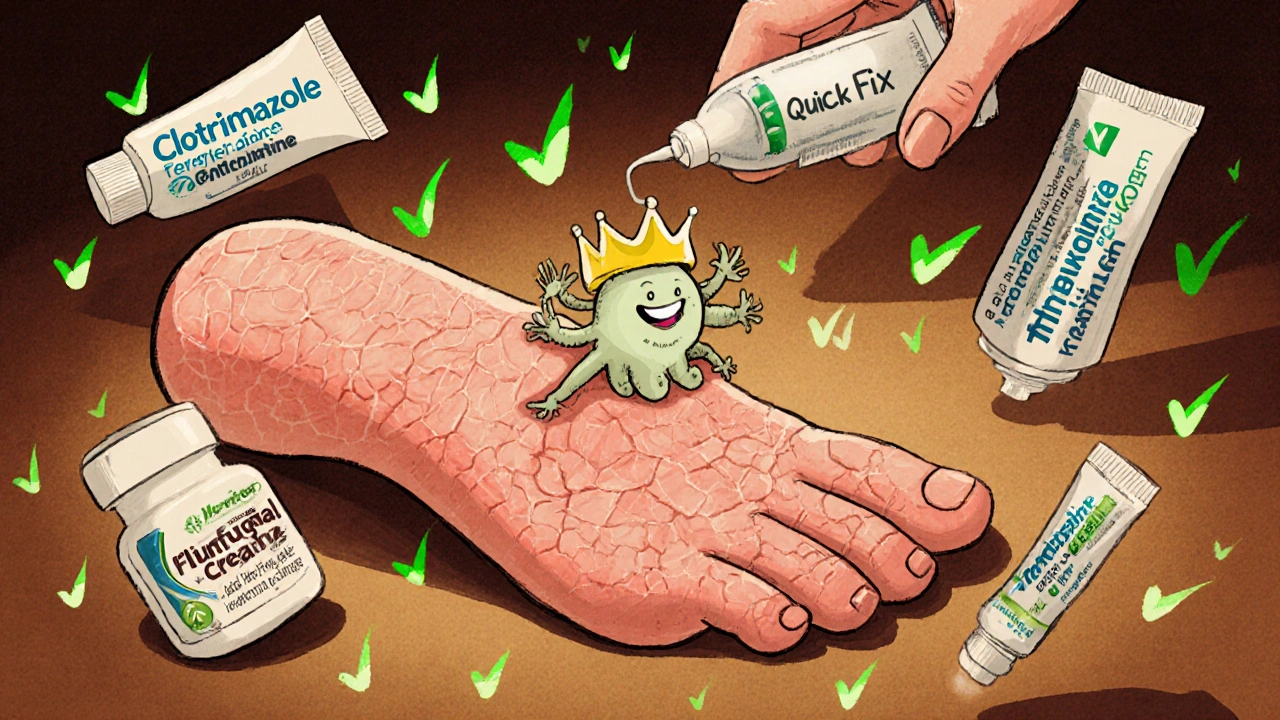Fluocinolone: What It Is, How It Works, and What Alternatives Exist
When your skin is red, itchy, and flaking, fluocinolone, a potent topical corticosteroid used to reduce skin inflammation. Also known as fluocinolone acetonide, it's one of the stronger steroid creams doctors prescribe when milder options fail. Unlike oral steroids that affect your whole body, fluocinolone works right where you apply it—targeting the inflammation without flooding your system. That’s why it’s common for eczema flare-ups, psoriasis patches, and stubborn contact dermatitis.
But fluocinolone isn’t the only tool in the box. It’s part of a bigger group called topical corticosteroids, medications that suppress immune activity in the skin to calm redness and itching. These range from mild hydrocortisone creams you can buy over the counter to powerful ones like fluocinolone that need a prescription. The strength you need depends on how bad the flare is, where it is on your body, and how long you’ve had it. Face skin is thinner, so you’d use a weaker version there. Thick, scaly patches on elbows or knees? Fluocinolone might be the go-to.
Still, long-term use of strong steroids like fluocinolone carries risks—thinning skin, stretch marks, or even rebound flare-ups if you stop too fast. That’s why many people look at non-steroid alternatives, options that reduce inflammation without using steroids. Things like calcineurin inhibitors (tacrolimus, pimecrolimus) or PDE4 inhibitors (crisaborole) are becoming more common, especially for sensitive areas or when steroids aren’t working long-term. Some folks even turn to moisturizers with ceramides or oat-based formulas to repair the skin barrier naturally.
What you’ll find in the articles below are real comparisons—fluocinolone vs. other steroid creams, how it stacks up against non-steroid treatments, and when it’s worth the risk. You’ll see what works for eczema, what doesn’t help psoriasis, and why some people get relief while others don’t. No fluff. Just straight talk on what this medication does, who it helps, and what else you might try if it’s not the right fit.

Fluocinolone for Athlete's Foot: Does It Really Work?
Fluocinolone may ease athlete’s foot itching, but it doesn’t kill the fungus. Learn why steroids can make fungal infections worse and what actually works to cure it for good.





